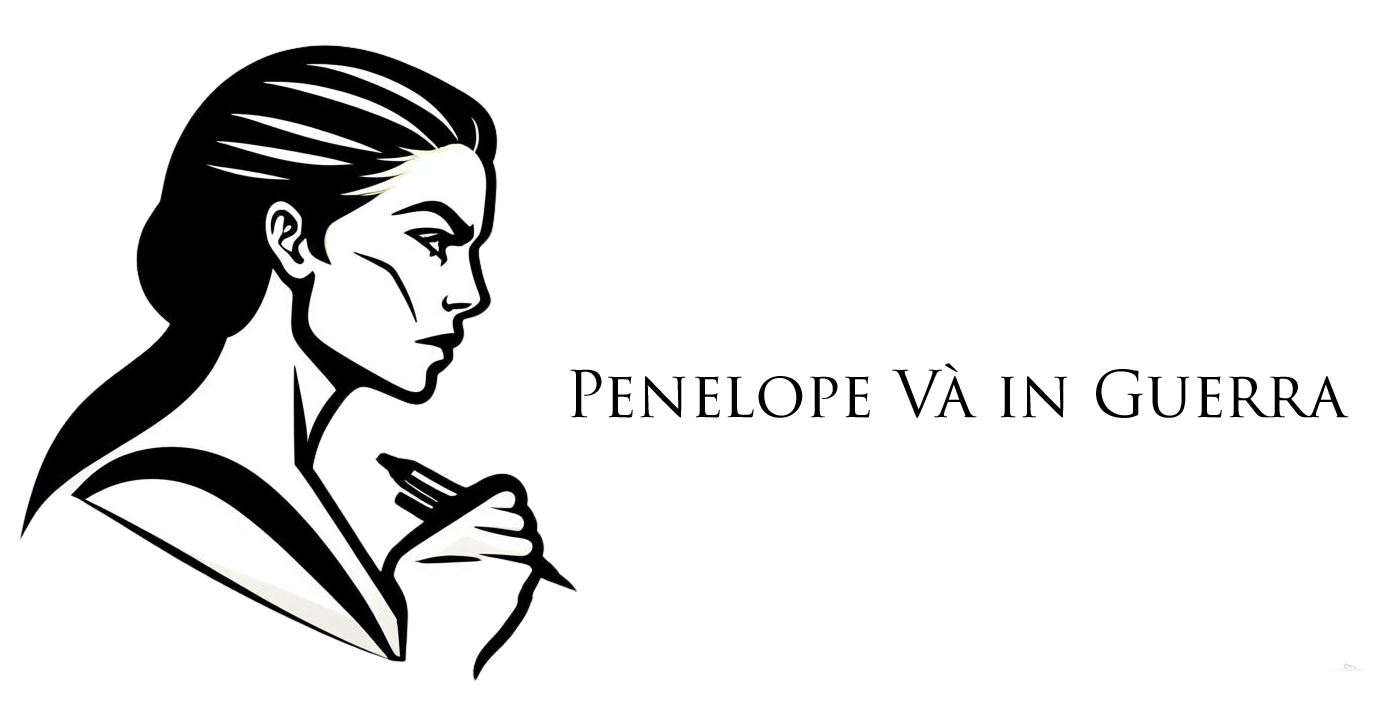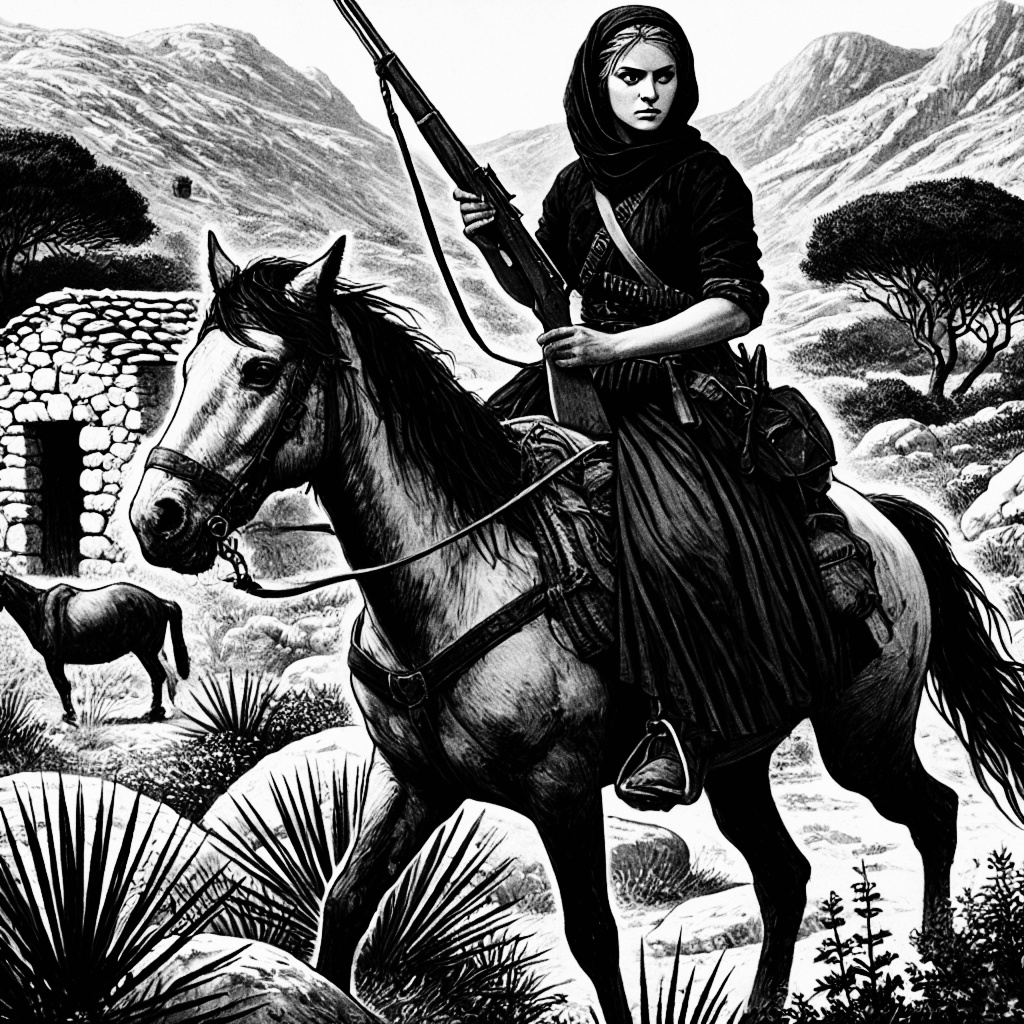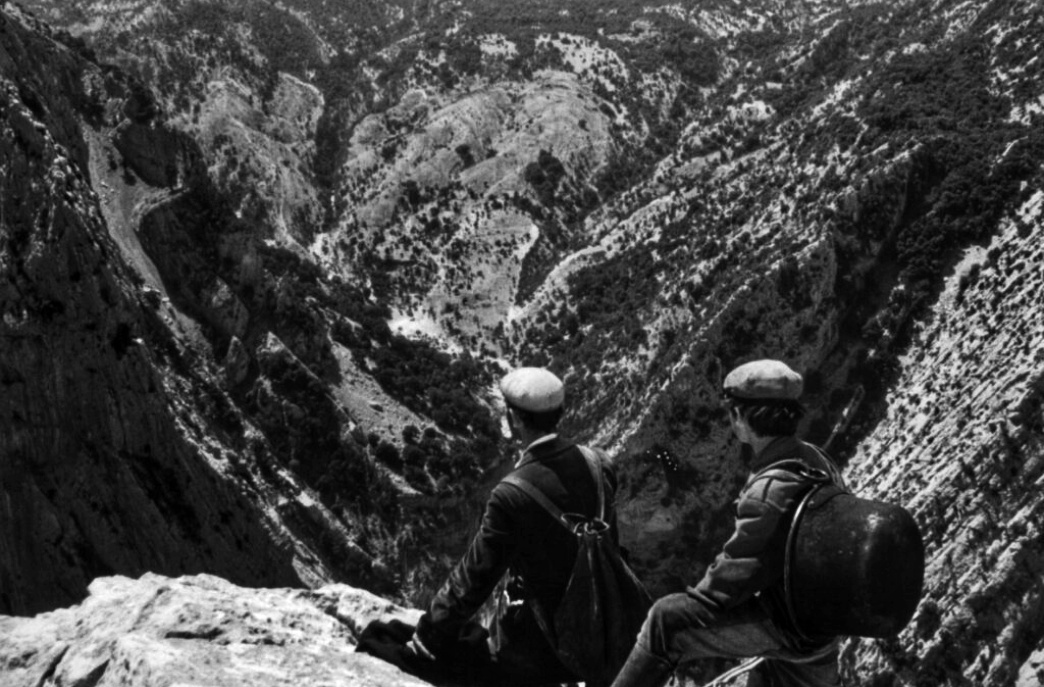Anyone who has spent some time in a Sardinian village will have noticed how, within the community, good and bad, rich and poor, intelligent and foolish coexist naturally and on an equal footing.
The so-called village fool, su maccu, is not treated as modern society would treat him; rather, he is fully integrated into the community. Integrated in every sense: there is no false politeness in pretending he is “normal” when he is not, but precisely because of this, he is considered an integral part of society. I understand that this can be difficult to grasp in an era where one is forced to claim that everything is the same to avoid being labeled as racist or homophobic.
I started noticing this peculiarity, something that had always seemed normal to me, precisely because, having lived in large cities from a young age, I could not ignore the stark contrast in how marginalized individuals are treated in a metropolis. Both in my family and beyond, I have seen firsthand how people with evident difficulties integrating, whether due to mental, physical, or personality-related challenges, are never left alone. In a place like Berlin, those same people would be found in the underground stations begging for money, and in winter, they would likely die of hypothermia on a freezing night.
In cities, political correctness, a bureaucratic construct that rarely translates into real action, prevents people from acknowledging even the most obvious differences. But this rarely leads to true inclusion. Nobody dares to say that a person is “different,” yet that person is, in practice, subtly excluded. Sure, people might toss a few coins their way when they encounter them in some forgotten corner of the city, perhaps even to ease their conscience. But how can one not feel the weight of that conscience while sitting comfortably in a warm restaurant, being served with every courtesy, and watching a human being curled up in a freezing street corner outside? But that is another story.
What I mean is this: while in a city, su maccu is subtly excluded, in villages, the exact opposite happens. No one, not even the wealthiest or most educated, refrains from acknowledging that the person in question is “different.” In fact, they often joke with and about them, but it is precisely this that makes them equal to everyone else. To joke about someone means to recognize them as part of society. If they were truly excluded, no one would bother making fun of them because they would be a stranger. This is an inclusion based on blunt honesty, very different from the superficial respect of more formal societies.
And what is even more incredible is that if someone crosses the line and starts mistreating su maccu, taking advantage of him and making him a subject of ridicule, it is society itself that condemns such behavior. Anyone who tries to humiliate or exploit these people ends up being mocked in return. For example, there have been cases where some arrogant kids took advantage of one of them, sparking a wave of collective outrage throughout the village.
And what is extraordinary is that, in Sardinian villages, this is an unspoken rule shared by everyone. Bourdieu would call it an example of a social habitus—not the result of abstract reasoning or written law, but a collective way of being, absorbed by everyone who belongs to the community.
This inclusion is not just theoretical; it manifests in daily life. In my village, for instance, these individuals have specific roles: some deliver newspapers, others sweep the streets, some sell lottery tickets for community festivals, and so on. Everyone finds their place. The fact that these people have nicknames does not marginalize them; on the contrary, in Sardinia, nearly everyone has a nickname. In fact, many people are known only by their nickname, sometimes for decades—nicknames that often encapsulate the very essence of who they are.
In a so-called “progressive” world where everything appears the same but where racism and homophobia manifest in subtle ways, we should ask ourselves what it truly means to help others. Real inclusion starts by acknowledging differences, because only in this way can even the strangest, oddest, or most marginalized individuals find their rightful place in society. It is a genuine, non-hypocritical form of hospitality—like that of our grandmothers, who made no distinctions. My grandmother, Sardinian and resolute, would have opened her door in the same way for both a billionaire and a beggar.



